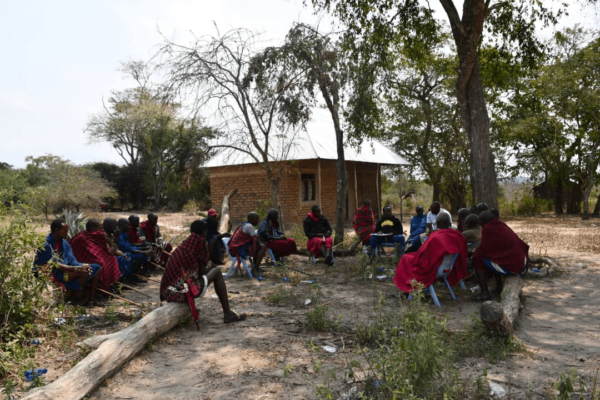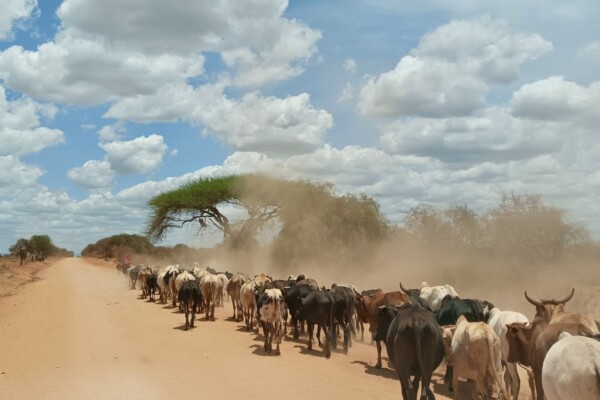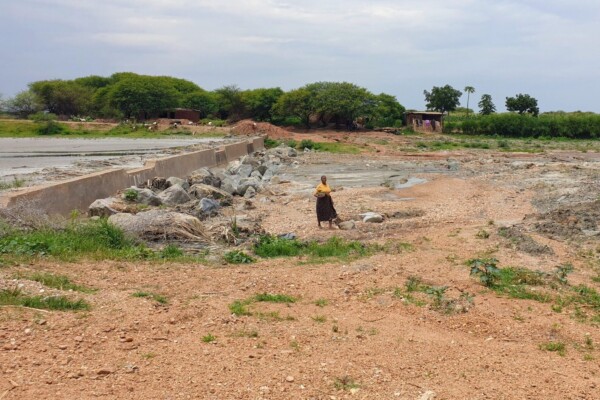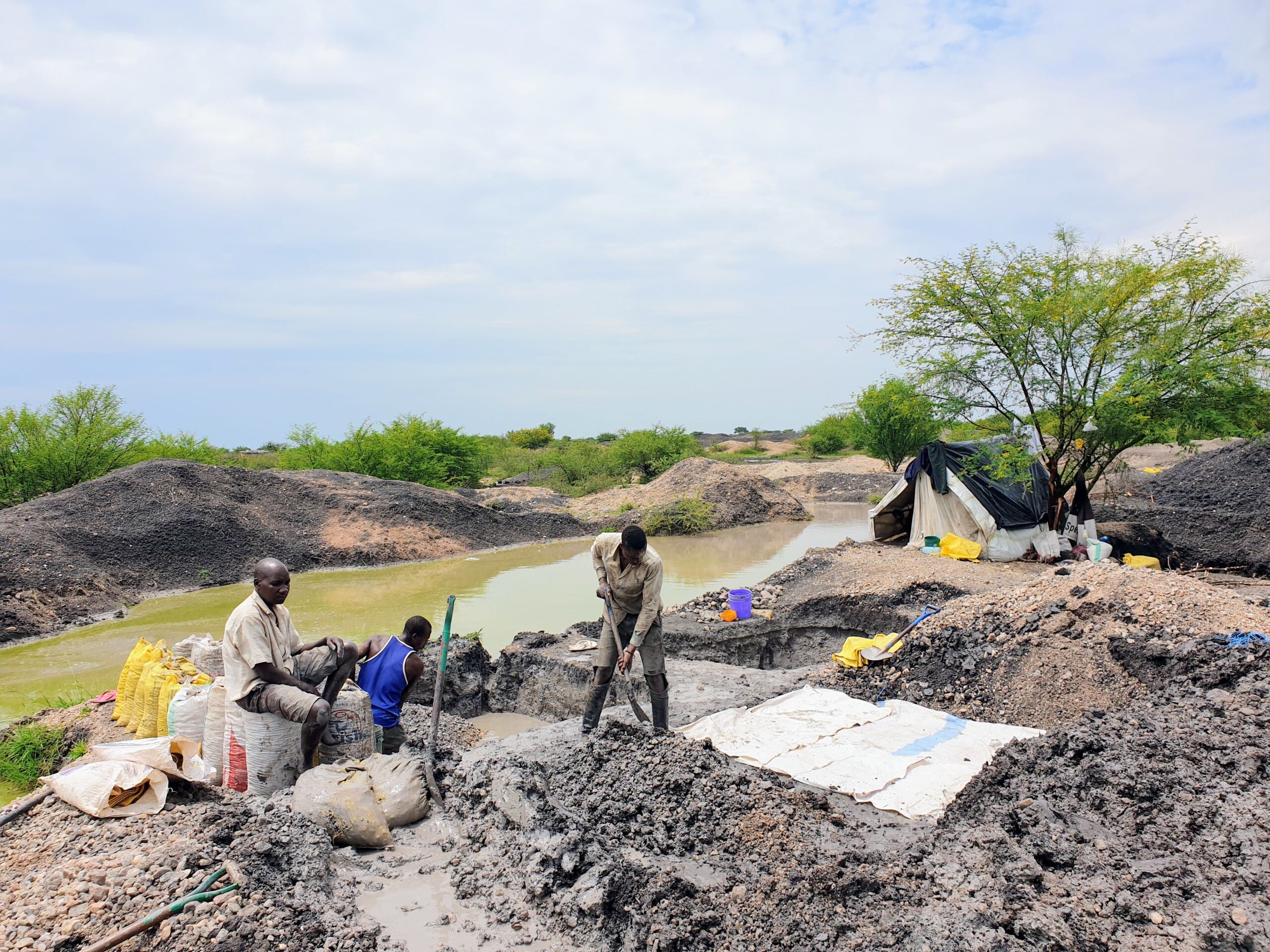In Tanzania, the country’s natural resource wealth is considered a key driver of development. Despite this potential for “doing good”, natural resource extraction has so far yielded little of the promised benefits to local populations. In fact, the narrow economic focus on resource governance in combination with reduced civic space and respect for human rights in the country tend to worsen the vulnerability of communities and fuel precarious human rights conditions and negative governance practices. These include a lack of inclusive representation and participation in decision-making, breaches of information and consultation rights, inadequate transparency, oversight and accountability on the sector’s compliance with (inter-)national policy and legal frameworks, and harmful practices that impact communities living from or nearby natural resource extraction, such as the absence of decent working conditions, impunity for violations of human rights and other injustices, economic and gender inequality and environmental destruction.
To push for natural resource governance that contributes to sustainable, inclusive development for all, this project aims to tackle three main stumbling blocks:
- the limited understanding and poor documentation of the harms and benefits of natural resource extraction,
- the inadequate access to remedy that exists for those who suffer abuses and the limited accountability demonstrated by those who commit harm, and
- the limited options and opportunities for constructive, evidence-based dialogue and learning between rights holders and duty bearers, needed so that all stakeholders can effectively participate in actions for change
Specifically, we aim to strengthen Tanzanian civil society organisations and communities as rights holders in natural resource governance, by:
- strengthening the documentation and reporting of human rights issues and socio-economic impact related to natural resource governance
- fostering justice seekers’ access to remedy through improved corporate and government avenues
- promoting and engaging in evidence-based multi-stakeholder dialogues and advocacy actions that push for policy changes in natural resource governance
“Empowering Tanzanian communities and civil society to foster justice & human rights in natural resource governance” is implemented by IPIS, in partnership with Avocats Sans Frontières, Business and Human Rights Tanzania and HakiRaslimali. Our activities will have a focus on resources extractive operations in the northern regions of Mara, Shinyanga, Manyara and Tanga.
- Dates: January 2022 – December 2026
- Location: Tanzania
- Research Programmes: Business & Human Rights, Natural Resources
- Funder: DGD
- Partners: Avocats Sans Frontières (ASF), Business and Human Rights Tanzania (BHRT), HakiRasilimali (HR)
- Activities: Human rights impact mapping, data collection, incident monitoring and reporting; training & capacity enhancement; public legal education and awareness raising; advocacy and dialogue
- Deliverables: research reports, policy briefs, “Voices from Tanzania” case studies, periodical briefing, webmap, website, multi-stakeholder dialogues, awareness raising campaigns, workshops
Project Coordinator

News
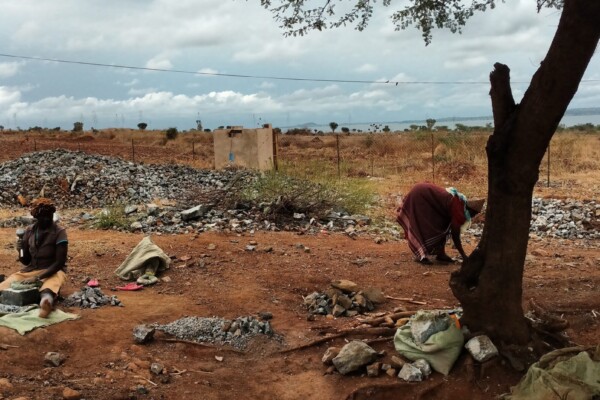
New 5-year project aiming to empower communities and civil society to foster justice and human rights in Tanzania’s natural resource sector
In 2022, IPIS launched new work on the human rights impact of the natural resource sector in Tanzania. Our new five-year project “Empowering Tanzanian communities and civil society to foster
Related Publication(s)

This project has been produced with the financial assistance of the Belgian Directorate-General for Development Cooperation and Humanitarian Aid (DGD). The documents produced are the sole responsibility of IPIS and can under no circumstances be regarded as reflecting the position of the Belgian Development Cooperation.

